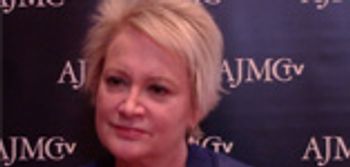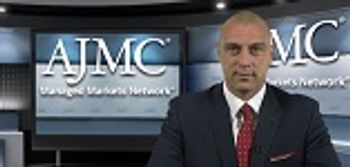
Though symptom checking apps and websites have been touted by some as the future of clinical diagnostics, a recent study has found that they are far less accurate than actual physicians at identifying the correct diagnosis when given a clinical vignette.













